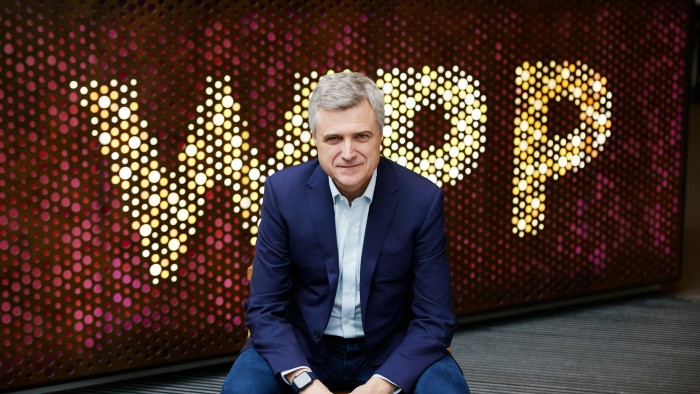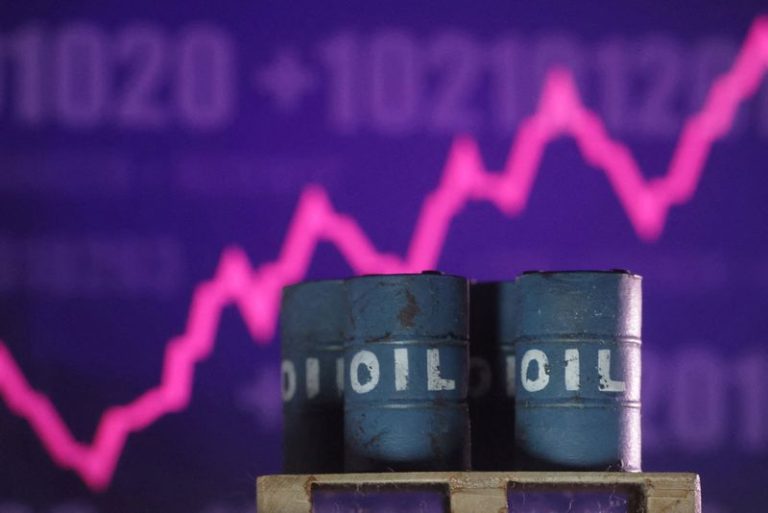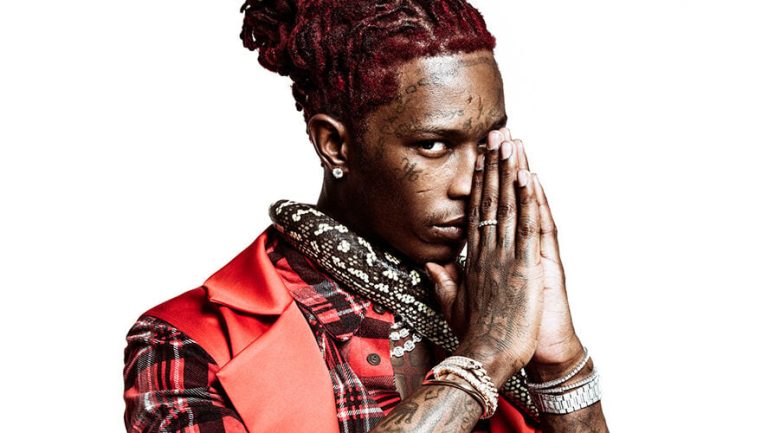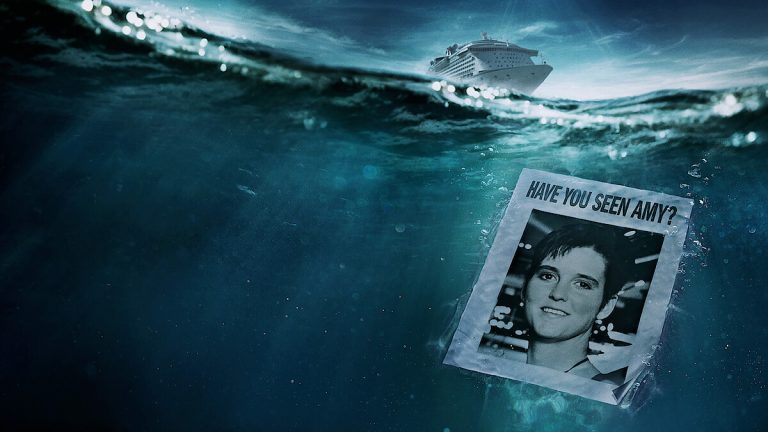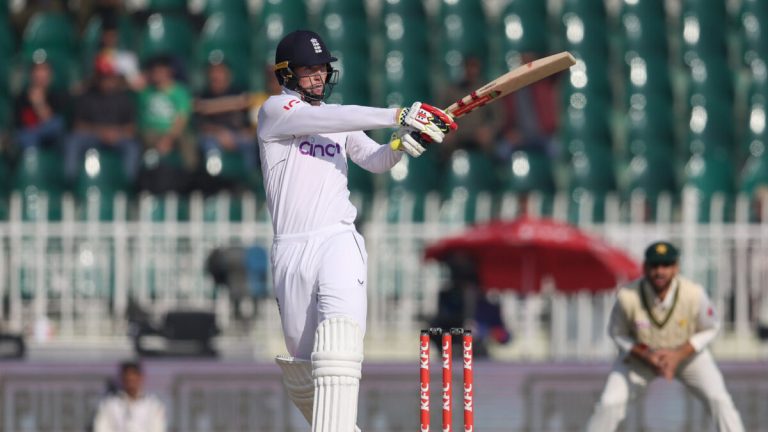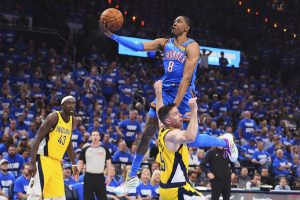Unlock the Editor’s Digest for free
Roula Khalaf, Editor of the FT, selects her favourite stories in this weekly newsletter.
WPP chief executive Mark Read is standing down from the UK’s largest advertising group as it struggles with a near five-year low in its share price and industry-wide upheaval caused by artificial intelligence.
Read’s exit will end a more than 30-year career at WPP and leaves it looking for a new chief executive during one of the most turbulent periods ever for the industry. He will continue as chief executive until the end of the year while the board starts the search for a successor.
Former BT boss Philip Jansen became chair of the group at the start of the year, sparking speculation about the future of Read. In an internal note to staff seen by the Financial Times, Read said “there is never a perfect time to move on as CEO . . . but this feels like the right time for me”.
In a statement to the stock exchange on Monday morning, Jansen said Read had “played a central role in transforming the company into a world leader in modern marketing services”.
During Read’s tenure as chief executive, WPP’s share price has halved, taking its market capitalisation to about £6bn, while he sought to restructure and streamline the group’s global operations and invest more in technology.
WPP last year lost its position as the world’s largest ad agency by revenues to French rival Publicis, while its two largest US rivals — Omnicom and IPG — have announced plans to merge to create a single, North American advertising heavyweight. WPP is still Britain’s biggest advertising group, with revenues of close to £15bn and more than 100,000 employees around the world.
Read took over in 2018 from Sir Martin Sorrell — who resigned after an inquiry into his workplace conduct — and has overseen the company as it has tried to reorientate its business to cope with the dominance of the advertising market by tech giants Meta and Alphabet.
Social media and influencer content have become key marketing channels, while traditional advertising media such as TV have shrunk in importance.
More recently, Read has pushed WPP to invest hundreds of millions of pounds in AI, which has threatened to upend the advertising agency model by offering much quicker and cheaper ways to do labour-intensive creative and media planning work. More than 50,000 people now use WPP Open, its AI platform, to assist them with their work.
Read told the FT in January that WPP needed to move on from a difficult period of restructuring and rebuild its network of businesses with AI at the centre.
In the internal note to staff, Read said the company “needed to make many difficult decisions that were necessary to serve our clients better, simplify the company, build our culture and put WPP on a more solid financial footing”.
He added: “We have also lived through some of the most challenging external events of modern times, from the pandemic to the war in Ukraine, and navigated an increasingly polarised and difficult world . . . However, I strongly believe that the future for WPP is a very positive one.”
